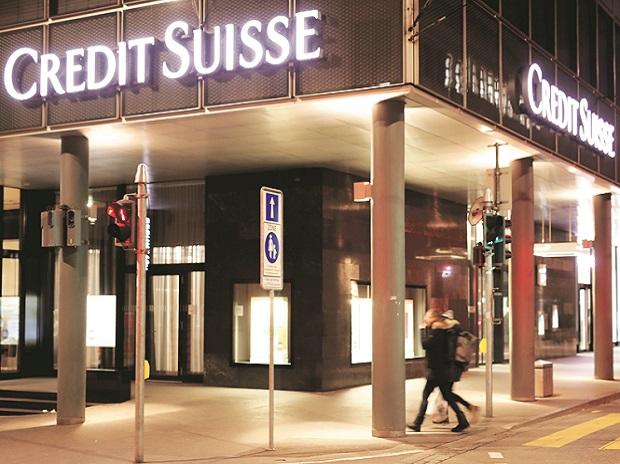Start-ups, the note said, account for a reasonably high 6-7 per cent of new firms in India, and the ratio has risen over the past decade. India is a home to the third-largest set of unicorns globally.
India is now home to the third-largest set of unicorns globally, behind the US and China, and commands a total valuation of $90 billion, suggests a recent Credit Suisse report. Compared to 336 listed companies with $1 billion in market capitalisation (market-cap), there are now 100 unicorns in India with a combined market-cap of $240 billion, the report says.
Start-ups, the note said, account for a reasonably high 6-7 per cent of new firms in India, and the ratio has risen over the past decade, with new start – ups incrementally 10 per cent of the new firms created.
“Our research found 100 unicorns in India in a diverse set of industries, including technology and tech enabled sectors, such as, pharmaceuticals / biotech and consumer goods, benefiting from formalisation and accelerating digital adoption,” said Neelkanth Mishra, Co-Head of Equity Strategy, Asia Pacific and India Equity Strategist at Credit Suisse.
Besides the usual suspects – e-commerce, financial technology (FinTech), education technology, food delivery, and mobility companies – there is a rapidly growing number of firms in industries such as Software-as-a-Service (SaaS), gaming, new-age distribution and logistics, modern trade, biotech, and pharmaceuticals, Credit Suisse said.
Credit Suisse said.
While nearly half of BSE500 firms started in Mumbai, Delhi and Bengaluru, and about 20 per cent started outside the top 10 cities, the spread of unicorns across the country has been different, according to Credit Suisse, with Bengaluru the dominant centre, followed closely by Delhi NCR and Mumbai.
“While there are a few firms of old vintage, particularly firms in conventional businesses like the NSE or Parle Biscuits, most of these firms have been formed after 2005. Whereas, just 13 per cent of the BSE500 firms have started after 2000 and 36 per cent had started before 1975, indicating new company formation had been a slow process,” Credit Suisse notes.
Indian FinTech companies, the note said, have attracted $10 billion of capital and are now at the forefront of India’s startup ecosystem.
“Digital payments are primarily leading the FinTech scale-up in India and have grown 10x over the last five years, now having a 30 per cent share totaling $450 billion,” said Ashish Gupta, Head of Asia Financials Securities Research and Head of India Securities Research, Credit Suisse.
Growing equity cult
Meanwhile, the market capitalisation (market-cap) of listed equities in India has risen over the years, making India the 8th largest market globally, and only 7 per cent away from being the 6th largest, suggests a recent report from Credit Suisse.
The equity cult in the country – aided by supportive infrastructure and policies – has not only added the number of active investors in the stock market over the years, but has also seen more corporates get their firms listed at the bourses. The number of listed companies, according to Credit Suisse with a market-cap above $1 billion has risen to 336 from 178 in 2010 and just 72 in 2005.












